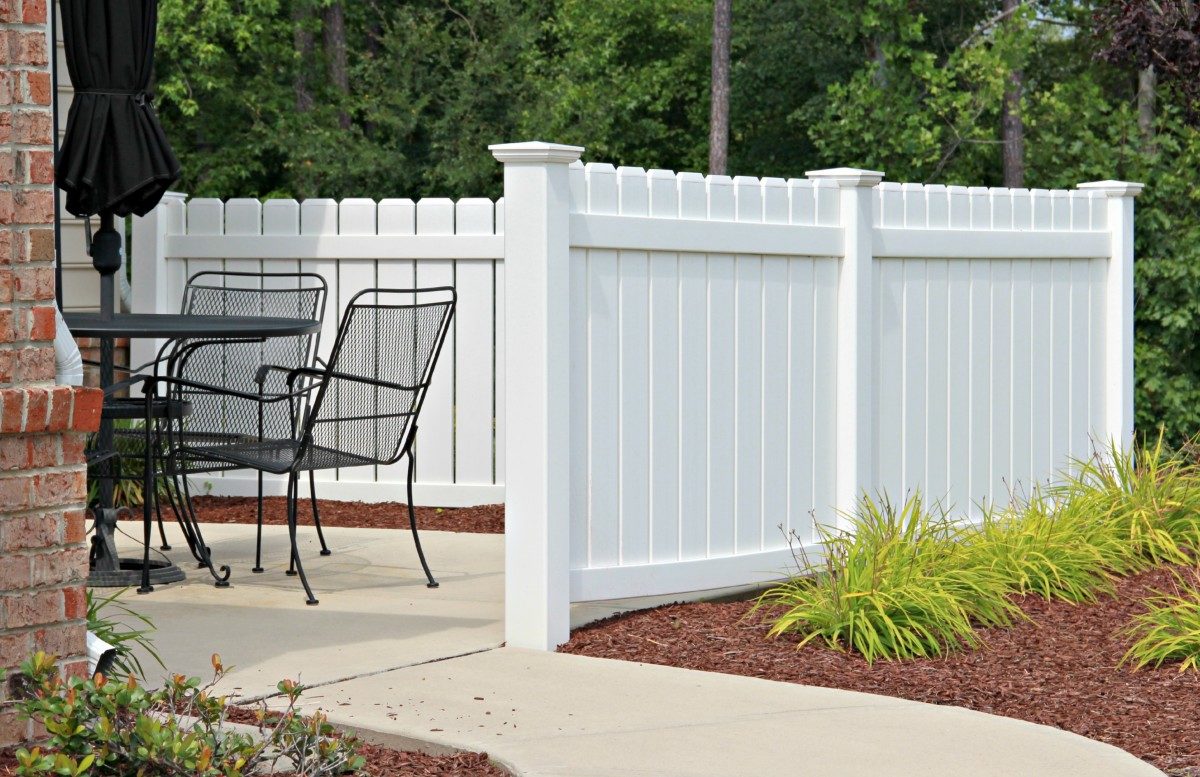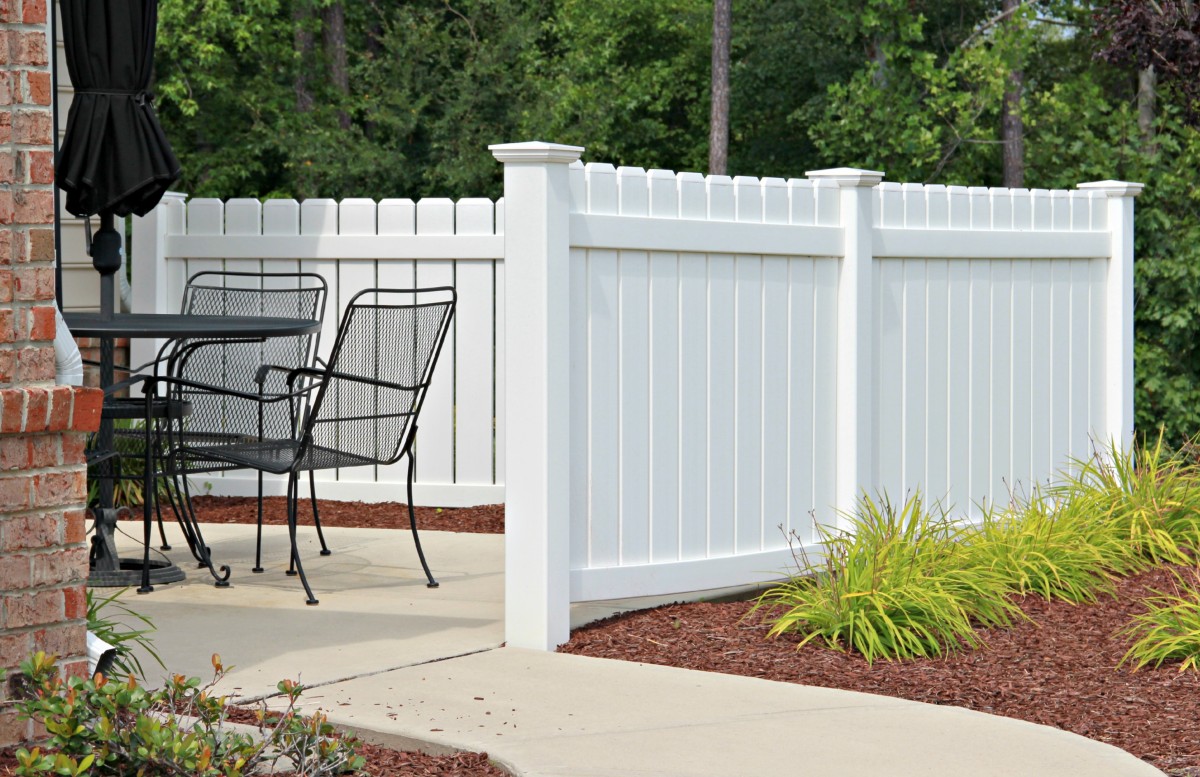

Vinyl fences may not be new, but they’re something that hasn’t quite caught on with everyone yet. Most people would still prefer a nice wooden fence or a beautiful ironwork fence instead. While these are viable choices for fencing, it’s not a good idea to knock a vinyl fence out of the running just yet. You need to look at it a bit more and understand how it can be used before you make a final decision.
How You Can Use Vinyl
Unlike other types of fences, vinyl can be used for almost any style of fencing. You can do a thick privacy wall, a barred fence, a ranch style fence, and even install fixtures directly into the fencing. Because vinyl is such a pliable material, it’s useful for an enormous variety of styles that aren’t as easy to achieve with other types of materials.
Vinyl doesn’t look as good in every application, that’s the truth. But, it can still be quite beautiful when it’s installed professionally. Many people opt to get a privacy fence made from vinyl, since it won’t have any openings and it can come in a wide range of sizes and shapes. Vinyl fences are significantly easier to install, which does help to make up for the difference in appearance.
Is Vinyl Fencing Long-Lasting?
Out of all the types of fencing, vinyl is one of the most long-lasting. There are two things to look at if you want to understand the true value of vinyl as compared to wood or metal fences. First, if you were to leave the fence with no maintenance at all, who long would it last? And secondly, if you maintain the fence perfectly, how long would each one last?
All things equal, vinyl would outlast wood when left alone. Wood can experience rot and degradation much more quickly when it’s not maintained well, whereas vinyl won’t see as significant of issues until much later on. With a metal fence, it depends on how you want to judge it. Metal will begin to rust and weaken when it’s hit with the weather and not maintained. It may stand up for longer than vinyl if left alone, but who actually wants a weak, rusted metal fence? Once it degrades past a certain point, there’s no way to fully restore the metal.
To answer the second question, you need to consider the maintenance itself. All three types of fences will hold up a many years when they’re properly maintained. But, vinyl fences take significantly less maintenance to keep them in good shape when compared to wood or metal fences. Even if they all lasted the same number of years, you would put considerably less effort into keeping your vinyl fence in top shape than you would with any other fencing materials.
Disadvantages of a Vinyl Fence
So, now that you now the positives, what are some of the issues with vinyl fences? It’s not all good news, so here are a few of the main disadvantages:
- It doesn’t look as good as wood or metal
- It’s more expensive to buy the materials, compared to the cost of wood (metal is still the most expensive, especially ironwork!)
- You can’t replace a single “board”, and will have to replace large material panels at once
- Colors may start to fade in consistently harsh weather
- Professionals are needed for repairs; it’s difficult for the average homeowner to do it by themselves
Conclusion
Vinyl fencing is a good choice for many homeowners. Although it looks like an unnecessary cost in the beginning, the value of the fence pays for itself over time when you look at the lack of maintenance, the longevity, and the durability. For most homeowners, the advantages will outweigh the disadvantages.
